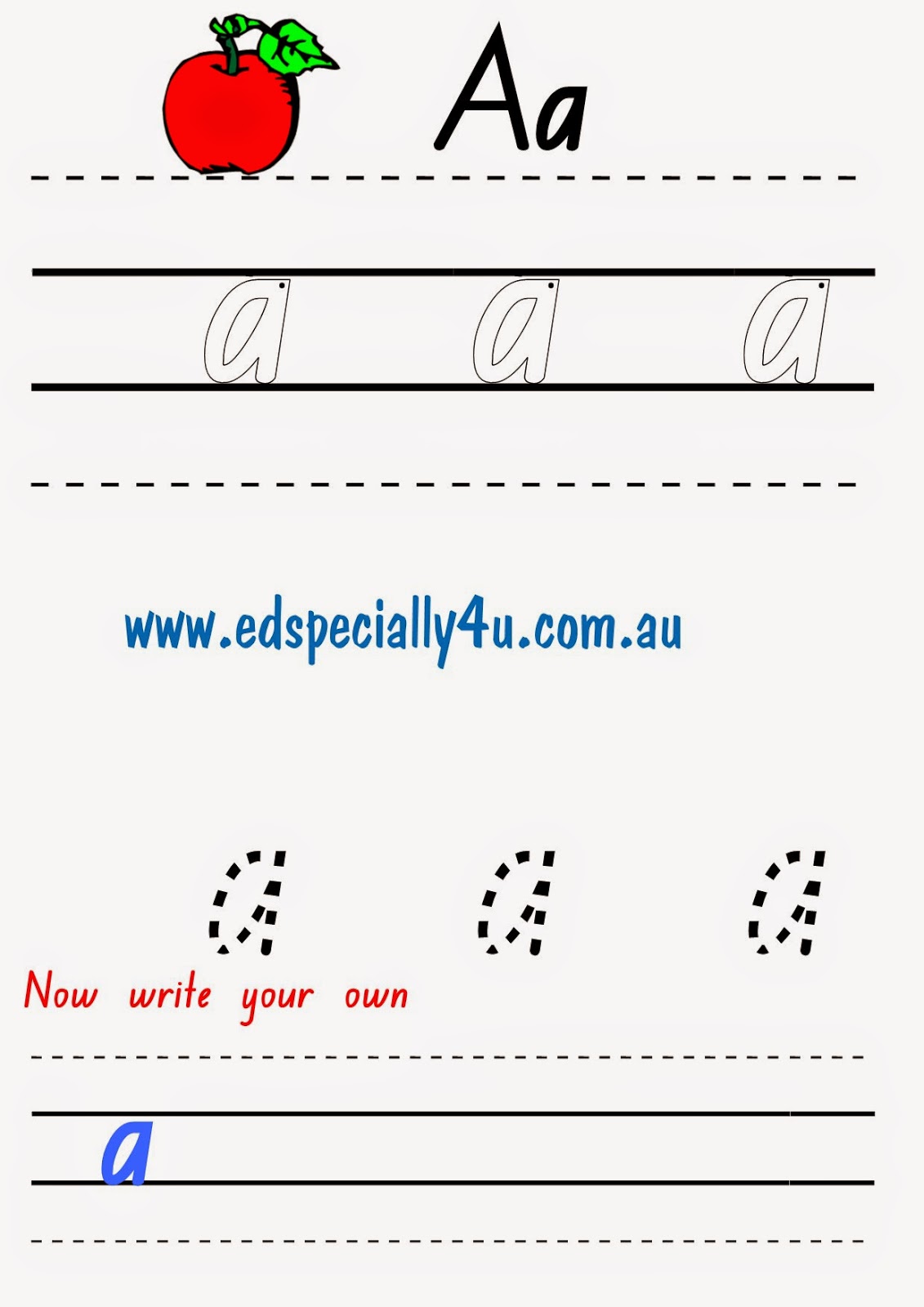Should my Child attend School Readiness?
My child attends preschool/long day care
Whenever I discuss school readiness with parents I make it extremely clear that children should attend preschool and day care before they start school. In this setting, children learn the very important social and emotional skills that are required for the rest of their lives. Children learn how to interact with same aged peers. Preschool/long day care is an essential start to schooling in Australia. A one hour a week School Readiness Class does not prepare your child socially and emotionally for BIG school; however preschool/long day care settings do not always prepare students for the academic learning required at school.What benefits do School Readiness Classes provide?
The reason that I established School Readiness Classes 8 years ago was due to my own children. As a primary school teacher, I understood that school will provide your children with the structured learning skills, and all of the curriculum that your child will require. Unfortunately the demands of the curriculum in schools now requires that children go to school ‘ready to learn’. From the moment your child starts BIG school they will be required to learn many new facts and rules. For the child who is not adequately prepared, school requires a lot of a young mind. I tried to not be a ‘teacher mummy’ to my children. I did recognise that I was able to offer my children a start to school that was not available to a ‘non-teacher mummy’. I am a strong believer in the strength of the teachers and schools in NSW and was confident that my children would learn quickly. I soon realised that with good preparation, children confidently start school and start learning the day they enter primary school.What does the ED Specially 4U School Readiness Program offer:
- Structured learning in one session per week to prepare children in a gentle and confidence building atmosphere
- Classes that start from the age of 2 to allow students to be very familiar with a structured learning environment
- Classes and teachers that follow a structured program in the same way a primary school program is taught
- An environment where letters, numbers, fine motor/writing skills are developed so that the child can start school confidently knowing these beginning skills
- Another setting (outside the play environment) in which students recognise the importance of following instructions
- Confidence to follow instructions of a teacher
- Confidence to work within a small group and achieve new skills
- Confidence to try new skills
- Confidence to learn
With honesty I can say that our students and teachers alike, love our programs. Happy children enjoy the structured learning program and the success they are achieving. My personal favourite teaching moment is when I first say to one of our students ‘I didn’t know you could read!’ Our students quickly learn the letters and sight words required to sound out simple sentences, and they are thrilled to hear that this skill enables them to read!! Please visit our parent testimonial page (found on our website under the ‘about us’ tab) and facebook pages to read how other parents value our program. Each year I send out a questionnaire in which parents are allowed to comment anonymously. I relish constructive feedback as I passionately believe in what we do, and I want it to be the very best program I can offer. I have honestly never received a negative comment in the 8 years we have been offering this program. In fact, the questionnaires often come back months later when the students have started BIG school, and parents are glowing about the easy adjustment to school their children were able to make following the guidance of our program.
For the Love of Learning
Donna
|
www.edspecially4u.com.au
|
|
www.edspecially4u.com.au
|













.bmp)









